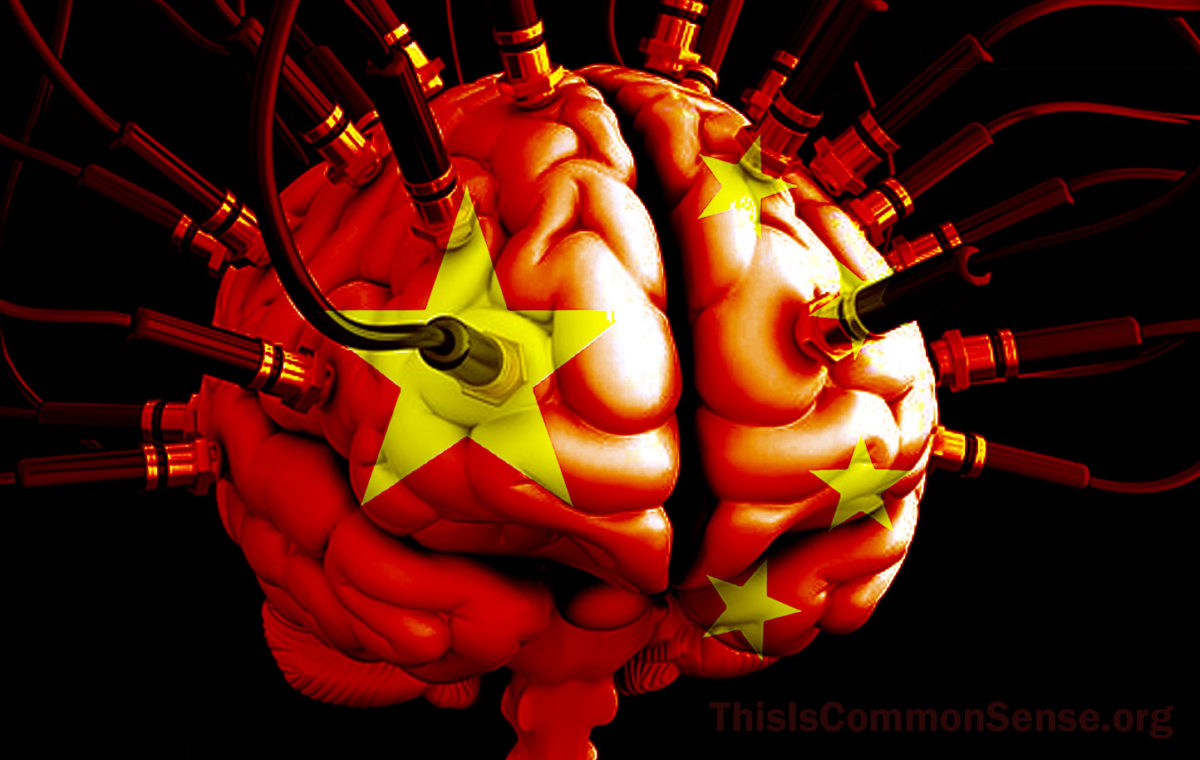The Chinese government’s internment, rape, torture, and murder of Uyghurs and other minorities in Xinjiang “reeducation” camps, supposedly to prevent terrorism, has long been confirmed by the testimony of many of the victims.
No honest person could deny the evidence.
Nevertheless, there are denials.
In February 2021, Chinese Foreign Minister Wang Yi, uttering a standard denial, told the United Nations that “basic facts show that there has never been so-called genocide, forced labor or religious oppression in Xinjiang.”
But now a hack of China’s police computers has unearthed a trove of documents showing what is happening in the camps according to the regime itself.
The files include mug shots of prisoners and records of protocols to be followed as police subdue detainees, handcuff and blindfold them while moving them between buildings, and shoot to kill anyone who tries to escape.
The xinjianpolicefiles.org site also hosts an explanation of the files by Adrian Denz, an expert on Chinese documents.
The “thousands of documents, speeches, policy directives, spreadsheets, images” come “directly from police computers in two ethnic minority counties in Xinjiang,” Denz says. “They for the first time give us a firsthand account of police operations inside reeducation camps.”
Unsurprisingly, they confirm the involvement of government officials.
Basic facts, abundantly documented.
Can Chinese officials still deny them?
Yes, but the job of controverting the incontrovertible is harder now. It will also be harder for appeasers in the West to pretend that none of this horror matters.
This is Common Sense. I’m Paul Jacob.
—
See all recent commentary
(simplified and organized)

3 replies on “Xinjiang’s Hacked Police Files”
Unfortunately, there is nothing we can do about it. The reality is we got into bed with China several decades ago. Our leaders in all categories are willing to tolerate Chinese atrocities because they have been bought off. Our economies are intertwined, to the benefit of those in power and to the detriment of everyone else. The elites won’t let the plight of the Uyghurs cause them to get off their gravy train.
Look! Over there, a squirrel. As our leaders destroy what’s left of the USSA, why concentrate on a country’s behavior that’s none of our damned business? Please don’t give idiots like Gordon Chang and other neocons fodder to start another world war in China. I remember when you used to be a small “l” libertarian.
In all seriousness, I ask people what imaginary lines should count, and why. When I’ve got any response, the response has been an insult. But I ask again.
If Maine is attacked by the state of Canada, should the state of California go to the defense of the people of Maine? If so, then why?
If the state of Mexico attacks Chula Vista, should the munucipal government of San Diego actively effect or participate in a counter-attack? Should the people of San Diego be involved by the state of California or by the Federal government? If so, then why?
If we may be drawn into conflicts based upon how boundaries are drawn, what are the relevant boundaries? What makes them in this way relevant?
Many libertarians draw one set of boundaries, others draw other boundaries. How does the way in which Paul draws boundaries put him beyond the boundary of what you call “libertarian”?